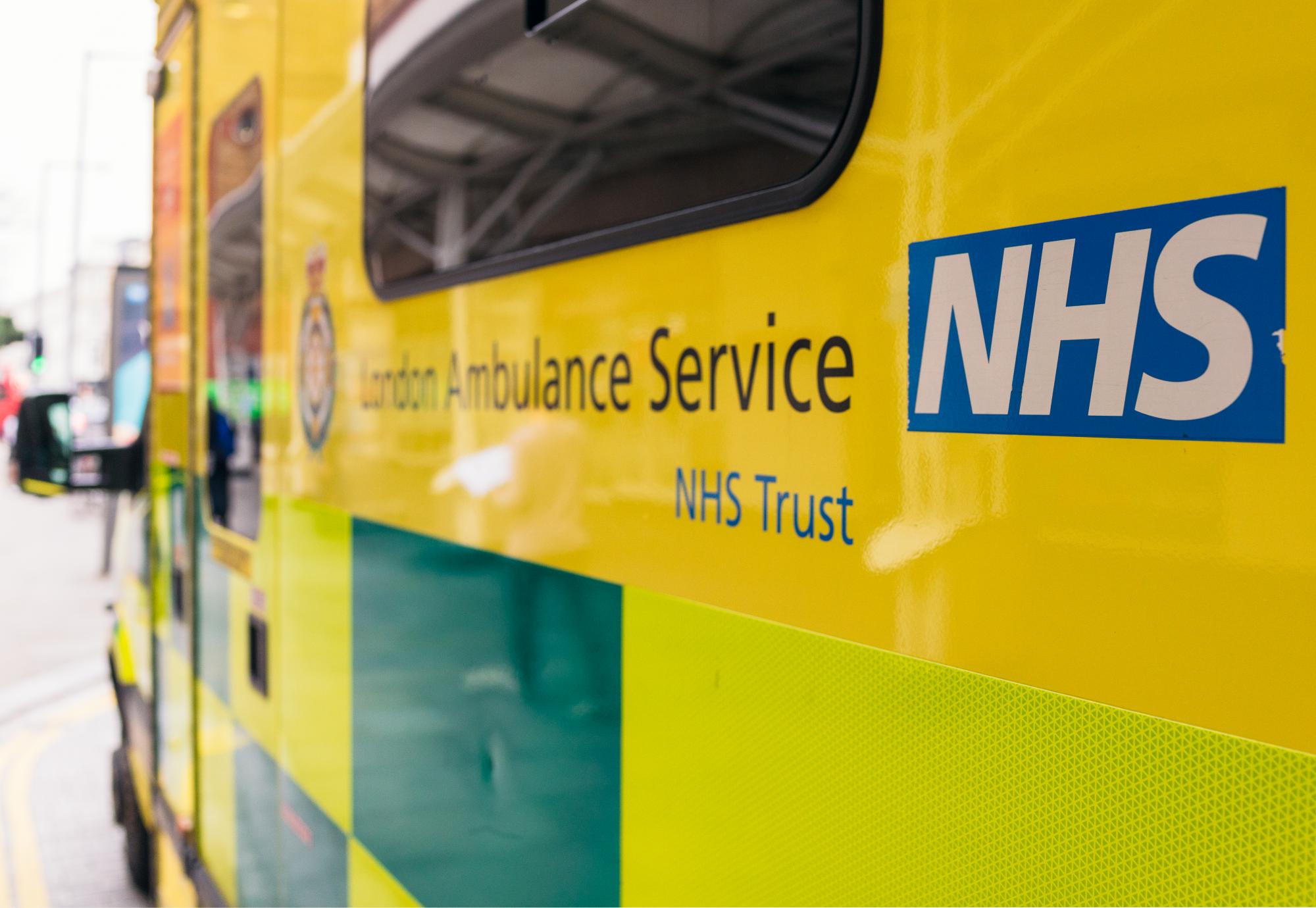The NHS and UK Government are publishing a blueprint today to help recover urgent and emergency care services and reduce waiting times whilst improving the patient experience.
This will see frontline capacity boosted due to the inclusion of 800 new ambulances, 100 specialist mental health vehicles and up to 5,000 sustainable hospital beds, all backed by a dedicated £1bn funding package.
This plan will come across a two-year period, with aims for recovery to accommodate the record demand for NHS services, shown through the latest data highlighting more A&E attendances than ever before and growing numbers of the most serious ambulance call outs.
The increased services will be running for a minimum of 12 hours per day, meaning that people can get the vital treatment and care that they need within a matter of two hours. Emergency care units, staffed by consultants and nurses, will be open in every hospital with a major A&E, transforming the patient experience whilst enabling thousands of patients per week to avoid unnecessary overnight hospital stays.
This scheme will open up space in hospitals and increase the pace at which medically fit patients are able to leave and avoid chances of re-admission.
‘Virtual wards’, where patients are able to receive high-tech care in their own home, are set to grow also, seeing 7,000 virtual beds already in the community and up to 50,000 patients per month being expected to benefit as soon as the end of 2023/24.
The scheme will see the expansion of measures introduced in the NHS Winter planning, extending the clinician backed protocols all year round, with scaled-up falls response services and 24/7 system control centres 365 days a year.
Further expansion will also be seen through the increase of emergency medical technicians, providing more entry route roles to entice people into a career within the NHS, accompanying the greater usage of student and apprentice paramedic roles.
Flexibility is also a key component, with changes being implemented to make it easier for staff to move between hospitals and work in different services, such as 111, with further options included for call handlers to work from the comfort of their own home.
This two-year plan will see stabilisation of services to meet the NHS’s two prominent recovery ambitions, helping achieve A&E four-hour performance of 76% by March 2024 and improve category two ambulance response times to an average of 30 minutes over the next year.
NHS chief executive Amanda Pritchard, Prime Minister Rishi Sunak, and Health Secretary Steve Barclay will today set out the plans to deliver better patient experiences, in an A&E department in the North East.
NHS chief executive, Amanda Pritchard, said:
“The NHS has been under more pressure than I have ever known in my 25 years working in the service – the threat of the ‘twindemic’ of flu and covid became a reality and that was alongside huge demand for all services – from ambulance and A&E services to mental health and GP appointments.
“We are incredibly grateful to the NHS staff who work day-in, day-out to deliver care to hundreds of thousands of people and for the extensive preparations put in place ahead of winter.
“We introduced more call handlers, more beds and 24/7 system control centres to manage increased demand, and this new plan sets out how we will boost that progress and help improve the experiences of patients who will benefit from quicker, better care, in the right setting.


















